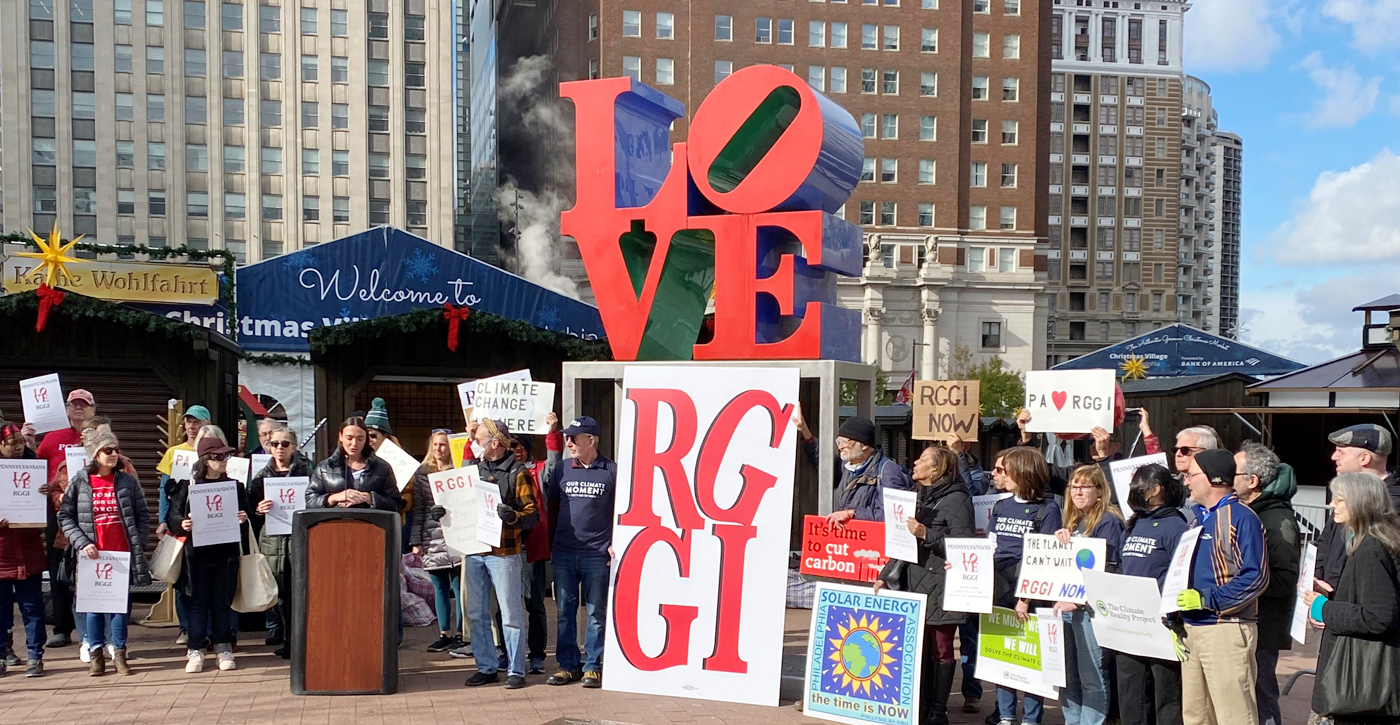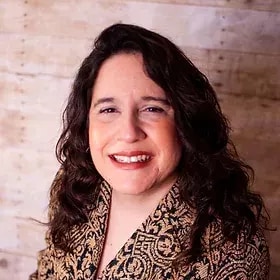Friends from Philadelphia Yearly Meeting have formed a new lobbying organization to advocate for tackling climate change at the state and regional levels. Quaker Action in the Mid-Atlantic Region (QAMAR) is a 501(c)(4) group that will draw on its founders’ decades of organizing work to pressure elected officials to reduce greenhouse gas emissions and fund conversion to clean energy.
Members of the organization created a board and elected a president, Stephen Loughin, who is a former adjunct physics professor at Saint Joseph’s University. Loughin previously worked for General Electric as a research scientist on space programs such as the NASA Cassini mission. He currently works for American Reading Company. He worships at Old Haverford Meeting in Havertown, Pa.
QAMAR grew out of Philadelphia Yearly Meeting’s Eco-Justice Collaborative, which seeks to educate about climate change but cannot lobby due to its tax status as a 501(c)(3) religious nonprofit. One of QAMAR’s founders, Patricia Finley, has clerked the Eco-Justice Collaborative since 2011. She and the other Quakers who established the group felt a strong sense of urgency about shaping climate policy.
“We feel there’s no time to waste,” said Finley.
Left: QAMAR member Liz Robinson (left) at the RGGI rally in Love Park, Philadelphia, Pa., November 2022. Photo via Clean Power PA Coalition. Right: Robinson speaks at a climate activist event outside Senator Bob Casey’s office in Philadelphia, Pa., August 2022. Photo via Vote Solar.
Group members see the organization as similar to Friends Committee on National Legislation in the tactics it will use, with the main difference being that QAMAR focuses on state and regional environmental work instead of national lobbying on a range of issues. Members of QAMAR hope to urge Pennsylvania to join the Regional Greenhouse Gas Initiative (RGGI). RGGI started about 20 years ago in New England states with a cap on carbon dioxide emissions from electricity generating plants, according to QAMAR founding member Bruce Birchard, retired general secretary of Friends General Conference. Birchard also previously worked as the national director of American Friends Service Committee’s disarmament program.
The cap-and-trade program in six New England states required electricity-generating companies to pay for permits to emit carbon dioxide up to a certain amount. Each year the cap was lowered by three percent. RGGI expanded from Maine to Virginia. The states involved in RGGI have steadily decreased emissions without significantly increasing prices. If Pennsylvania joined RGGI, the state could use the additional funding to retrain workers in electric plants that burn fossil fuels to prepare them for green jobs such as installing wind turbines, according to Birchard.
Former Pennsylvania Governor Tom Wolf entered the state into RGGI by executive order in 2022. The Pennsylvania Supreme Court is currently considering a legal challenge led by Republican state legislators who argue that the governor did not have the authority to join the consortium without legislative approval.
Pennsylvania remains under the control of the natural gas industry, which hobbles efforts to curb climate change, according to QAMAR founding member Liz Robinson, who previously started the Energy Coordinating Agency, cofounded the Keystone Energy Efficiency Alliance (a trade association for energy efficiency providers), and managed the Energy Co-op.
“Our politics are very fraught,” Robinson said.
Members of QAMAR intend to convince Pennsylvania Governor Josh Shapiro to use state money to support green energy projects, according to Finley. The federal Inflation Reduction Act provides financial resources for such initiatives. Members of QAMAR also intend to have a subcommittee on environmental racism.
Birchard considers climate change the worst existential threat humanity has ever faced, surpassing even the danger of nuclear annihilation.
“It’s extremely important that we, as Friends, deal with policy issues when it comes to the climate crisis,” said Birchard.







Comments on Friendsjournal.org may be used in the Forum of the print magazine and may be edited for length and clarity.